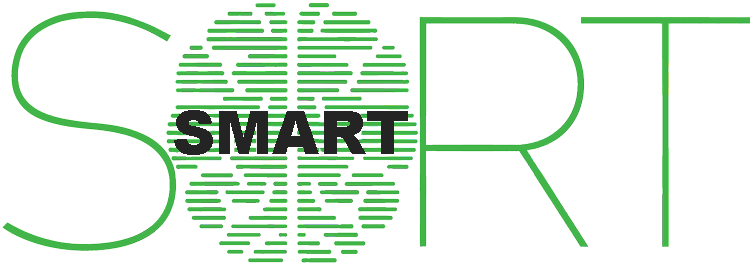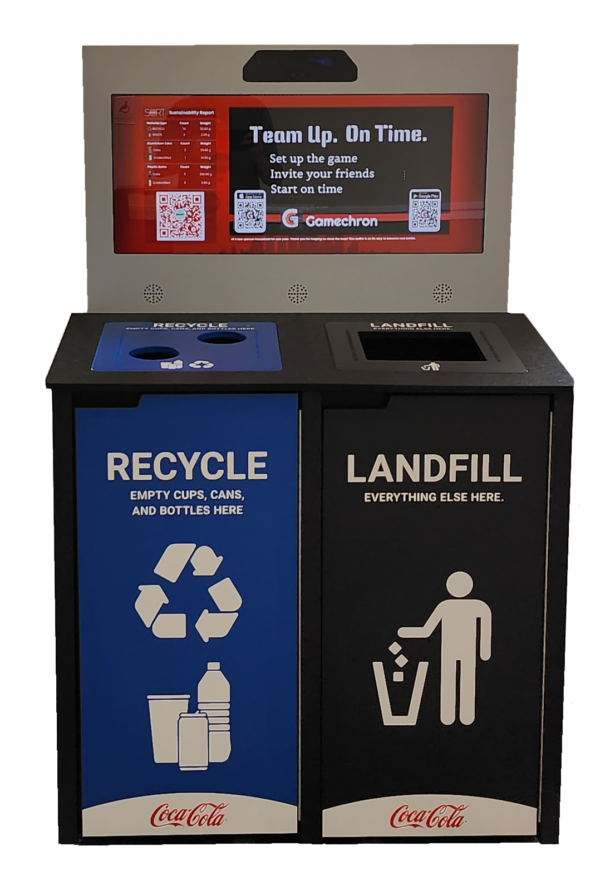Recycling has become an essential practice in our efforts to combat the environmental challenges we face today. However, with the increasing population and consumption rates, traditional recycling methods alone are not enough to address the growing waste management issues. This is where smart technology steps in, revolutionizing the recycling process and paving the way for a more sustainable future.
One of the most significant advancements in recycling technology is the development of smart bins and sorting systems. These intelligent bins are equipped with sensors that can detect and separate different types of recyclable materials automatically. By utilizing machine learning algorithms and artificial intelligence, these systems can identify, sort, and categorize items more accurately and efficiently than ever before. This not only saves time and manpower but also reduces contamination and improves the quality of recyclable materials.
The Internet of Things (IoT) has found its way into waste management, transforming the recycling process. IoT-enabled sensors can be integrated into recycling bins and dumpsters, providing real-time data on the fill-levels. This data can be leveraged to optimize waste collection routes, reducing fuel consumption and emissions. Moreover, it allows waste management authorities to monitor the status of bins remotely, ensuring timely collection and preventing overflowing bins. This smart technology ensures a more streamlined and efficient recycling process.
Smart technology has also extended its reach to our smartphones through recycling-focused mobile applications. These apps provide users with information on recycling guidelines, collection schedules, and even nearby recycling centers. Some apps even employ gamification techniques to engage and educate users about the importance of recycling. By making recycling information readily accessible, these apps empower individuals to make informed decisions and participate actively in recycling efforts.
Blockchain technology, known for its decentralized and transparent nature, is now being applied to the recycling industry. By utilizing blockchain, recyclers can track the entire lifecycle of a product, from its creation to its disposal. This allows for greater transparency and traceability, ensuring that recyclable materials are properly handled and processed. Moreover, it enables consumers to verify the authenticity of recycled products, fostering trust and encouraging the use of recycled materials in various industries.
Smart technology is revolutionizing the recycling process, offering solutions to the challenges faced by traditional recycling methods. From smart bins and sorting systems to IoT-enabled waste management and mobile apps, these innovations are streamlining processes, increasing efficiency, and enhancing public awareness. With the incorporation of blockchain technology, the recycling industry is becoming more transparent and accountable. As we embrace these advancements, we can look forward to a future where recycling becomes an effortless and integral part of our daily lives, contributing to a greener and more sustainable planet.




